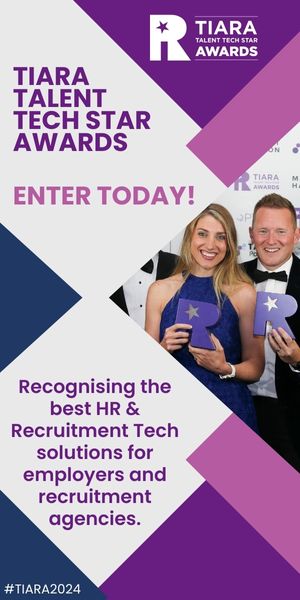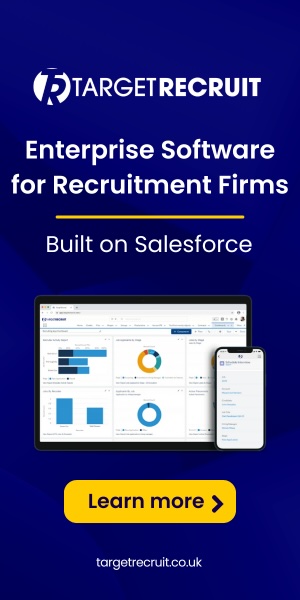Employers are warned against ignoring value of wisdom and experience
A recent article by Andrea London has highlighted concern that the new world of remote working is resulting in increasing polarisation of the labour market in the UK and an increase in the “generational skills gap” and whether older workers can keep up with technical advances.
She mentions that even if people over the age of 55 don’t have the “skills of the future”, they do have valuable wisdom, experience, skills, and attributes that took years to develop and should not be ignored. These benefits influence all in the workplace, and she warns that companies may not realise the value of an age-diverse workplace until it is too late.
The writer goes on to warn of the likelihood of an increasing number of unfair dismissal incidents, such as the recent Williams -v- Lyons Holiday Parks [2022] case, where Mrs. Williams, a 60-year-old worker, was dismissed because she wasn’t receiving enough “likes” on social media.
According to London, a possible leveller is “proximity bias” – where those we see more often are looked upon more favourably. For example, in a hybrid working model, those in the office, such as more mature staff members, may be more likely to be presented with tasks as opposed to those working remotely. Unfortunately, as businesses adapt, proximity bias may disappear, and the benefits of this may be short-lived.
In her article, Andrea London, partner at Winckworth Sherwood, wrote: “When Mark Zuckerberg in 2007 (in)famously said to a room full of budding entrepreneurs that “young people are just smarter” – he maybe did not realise the damage his narrative would cause – that youth has become synonymous with technological skill and to be “old” is to be technically illiterate. This is a misguided belief – but unfortunately, in our increasingly technological workplaces, this is an increasingly held viewpoint.”
“Despite the legal protections; ageism and its legal counterpart; age discrimination remains challenging for employers. What is really needed is a change in attitude and perception – such that age is part of any diversity and inclusion programs – but this will take time. Employers who are increasing their technology or operating any hybrid workplace model need to be aware that whilst in theory the future looks bright, they wouldn’t be there save for the past and should remember how they got there and whom in their workforce, assisted with that progress.”
The older workforce are an untapped talent resource as reported on in TALiNT International. At a time when employers are strapped for experienced professionals, employers should look to the over 55s to plug skills gaps in their businesses.












